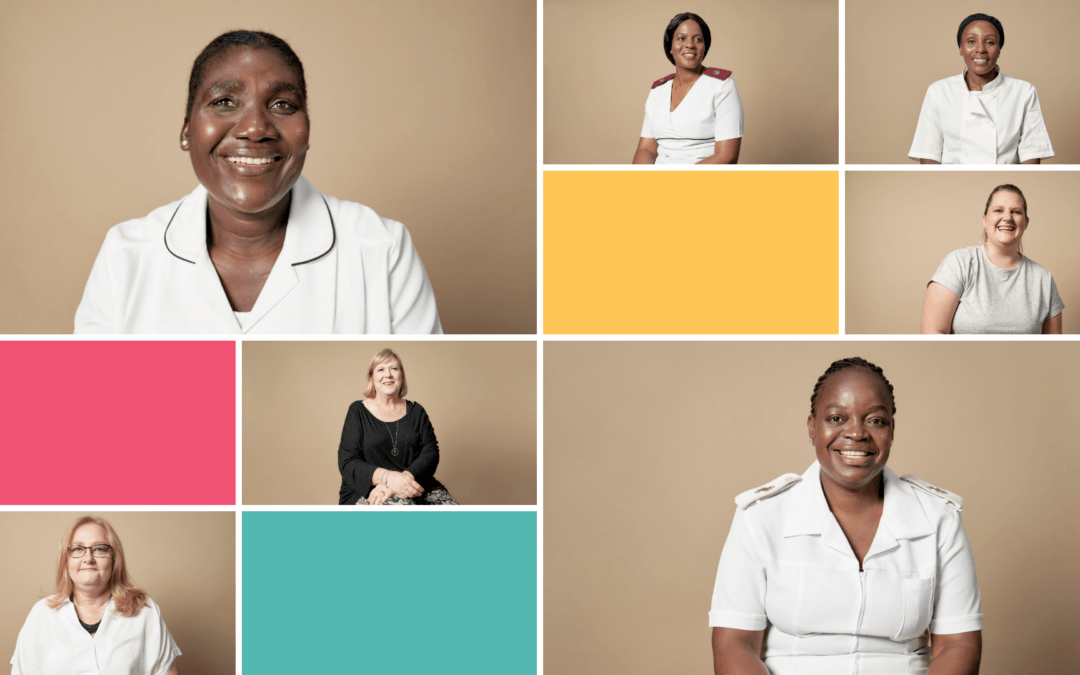Research from around the world shows that in patients with dementia, women actually outnumber men two to one. Additionally, we know that 66% of caregivers around the world are women. Yes, professionally and for our families, women shoulder the majority of this burden, and tend to spend as much as 50% more time providing care than their male counterparts. The profile of the average caregiver is a 49-year-old woman, holding down a job outside of the home while also providing 20 hours a week of unpaid care to, typically, her mother.
We can only imagine the further burden that the coronavirus pandemic has put on these carers and dementia therapists, as the elderly and those in care homes have been disproportionately affected by Covid-19. Now more than ever, in the face of uncertainty and fear, self-care for carers and dementia therapists is critical.
We spoke to a few of our female dementia therapists at both the Somerset West and Bryanston Estates this Women’s Month and this is what they had to say:
What does caregiving mean to you?
“A caregiver is someone who can be counted on and is there to give a helping hand to those who are in need; someone who prioritises and dedicates giving love and care to elderly people. It is the hardest job that I have ever had. But it’s important to take care of yourself and your own health. Make sure you get enough sleep, eat well and learn to manage your emotions.” – Olona Ntioko
“To me, being a caregiver means that you are the person the elderly are relying on. You’re the light when he/she feels like its dark. You give hope. Caregiving taught me to be reliable, trustworthy, and to be a more loving person because I realised they feel so special when they feel loved and respected. Be patient with your residents, they also take their time to get to know you as a caregiver.” – Veliswa Dubula
“Caregiving really means a lot to me because it has taught me so much especially giving good care to the elderly as well as learning how to communicate with the residents. It’s taught me to love and respect our residents as if they were my own family.” – Beverly Lehabe
Is being a caregiver challenging?
“It does get hard at times but what I do is take a deep breath and think about the amazing memories I had with a passing resident. Every day is a challenge, but also a gift, by helping and making them feel at home.” – Samantha J.
What advice do you have for other caregivers?
“Enjoy what you do and give your all and accept help from others so that you can learn more. You need to have patience and to love and care for someone else more than yourself.” – Andrea V
“Remember to love unconditionally, accept help. Don’t be afraid to ask questions. Always try to be patient. Sometimes you have to make the best decisions together (you and your patient). Sometimes you have to be firm but always love and respect.” – Rachel Motebejane
About Dementia Therapists at Livewell
Everything we do at Livewell is based solely around each individual. There are myriad iterations of this disease which, combined with a variety of personalities, means there cannot be a one size fits all solution. Our highest commitment and utmost attention is given to each resident and our memory-care specialisation allows us to integrate our world-class, multidisciplinary team of care providers, including Nurses, companions, nutritionists, occupational therapists, social workers and even in-house hairstylists.
Livewell also provides ongoing training for our carers across all spectrums of the organisation to ensure they consistently deliver excellent care for our residents and your family.
